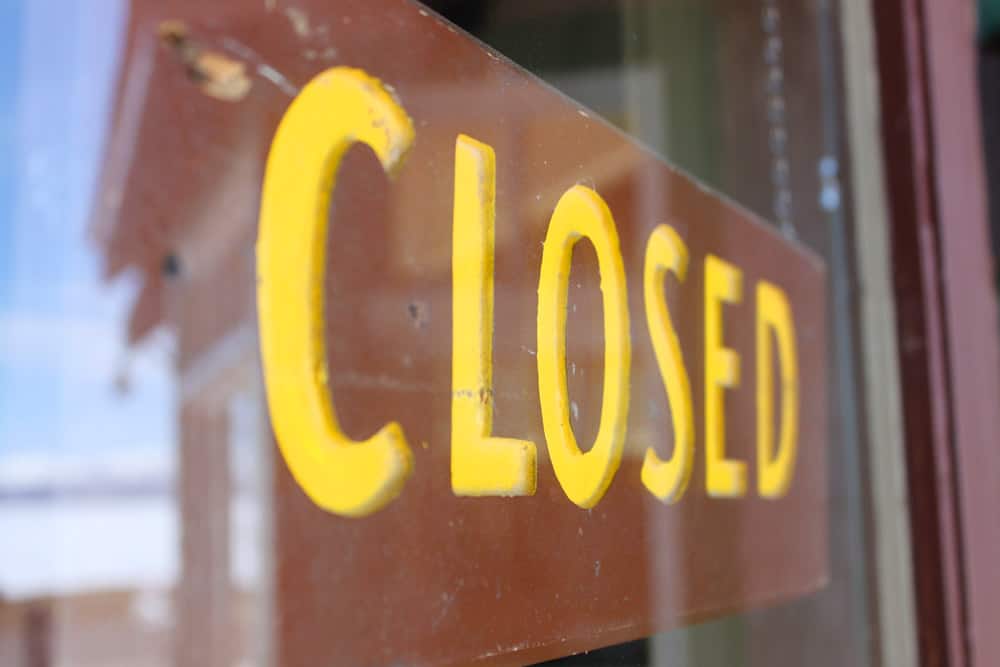Marc Coleman is founder of Octavian Research, an economic research publication and public affairs consultancy. In this guest blog, he honours the sacrifices made by the SME Recovery group.
Most of us have seen Braveheart. For me, the people who came closest to the ragged heroism of Mel Gibson and his hairy hordes last year were the SME Recovery group.
Outnumbered by the massed ranks of Norman knights in shining armour – with their superior weaponry and big horses – the temporarily constructed SME Recovery group assembled an amateur army of rugged restauranteurs, hassled hoteliers and shocked shop-owners. In April of last year I wrote An Economic Response to Covid-19, urging action and a July stimulus, pointing to the need for a much bigger voice for small business.
Since then, businesses have benefitted from (for all their faults) a Credit Guarantee Scheme, tax warehousing and a host of other measures, thanks in no small part to the successful efforts of Enda O’Coineen, Derek Butler and John Moran. But for all intents and purposes, the SME Recovery group could only be a temporary affair. Without permanent structures or resources, it was effectively stood down before Christmas
Bannockburn this ain’t. We are in a war not against each other, but against a common enemy of the pandemic. But in that fight, incentives and risks vary very differently. For those in power – the Norman Lords – there is little or no risk of job loss, pension loss or a lifetime of debt. Those directing the battle against Covid do so from the safety of permanent, pensionable and well paid jobs. They are encamped far away from the lines of battle.
Outnumbered by the massed ranks of Norman knights in shining armour – with their superior weaponry and big horses – the temporarily constructed SME Recovery group assembled an amateur army of rugged restauranteurs, hassled hoteliers and shocked shop-owners.
The publication of the SME Task Force recently showed that some of those are concerned with the sufferings on the front line. But there is a problem: Those fighting the hardest in this war are least able to articulate and fight for their interests. The priorities of the SME Task Force report – Growth, Innovation and Internationalisation – were admirable. But the report was written and directed by those for whom survival through this crisis is largely guaranteed.
Likewise Isme’s action this week on behalf of those aspiring to pension pots of €2 million or more is understandable. Inequity between the sheltered and non-sheltered sectors of our economy – in pay and pensions and stability – is corroding our social cohesion and also undermining the morale of those who must work hardest to ensure recovery.
But here’s another problem: For those businesses at risk in this crisis – the mom and pop stores, the small workshop owners and restauranteurs and hoteliers – far more urgent problems beckon: Cashflow. Demand. Compliance with a host of regulatory burdens above and beyond normal – Brexit, Covid, a growing batch of climate agenda related ESG requirements and procurement.
It is on the latter that the problematic nature of policy response is best illustrated. Highly complicated and with thresholds – for both turnover and insurance cover – that are almost impossible to reach, Ireland’s procurement system is one of the most difficult to navigate. Simply put, it basically tilts – intentionally or unintentionally – the playing pitch at a 45 degree angle against any struggling SME. The Office of Government Procurement – friendly and helpful though it is – needs more resources and power to impose a fair and SME friendly regime.
Here is where – despite many good proposals – the SME Task Force report is at its weakest. With government spending ramping up to fight the pandemic, changing procurement policy presents a huge opportunity to ensure that spending benefits small businesses and the communities they are base in. In An Economic Response to Covid-19, I gave increased health spending as an example of where procurement policy could be changed to favour smaller firms. It hasn’t yet happened.
The SME Task Force didn’t even have a Procurement sub-committee. Following a review of processes three years ago there is some “procurement fatigue” in the system and it is understandable that there is some reluctance amongst business organisation to revisit the issue. But that fatigue is nothing compared to the strain placed on small businesses due to yet another collapse in demand. And saving energy on procurement policy now will be a false economy if – for lack of resources – business representative bodies face an uphill struggle renewing revenues.
In fairness, the SME Task force report has, at least, recognised the need for more permanent representation of the small business sector. The question is whether this will reflect the priorities of those hurting the most: Focused currently on achieving equity in between public pensions and pensions of high earners in the private sector, it begs the question of how those struggling to earn anything at all are having their voice heard.
 Marc Coleman (marc@octavian.ie) is founder of Octavian Research, an economic research publication and public affairs consultancy that wrote the world’s first researched strategy response to the Covid crisis (download www.octavian.ie ) and currently produces the world’s first weekly Covid-19 specific economic and business client research note (now in its 32nd edition). He works with leading clients across industry, financial services and government agencies to produce policy influencing research and publications. He has authored five influential books on the current and previous recoveries and worked as an economist with the European Central Bank, Department of Finance, as Economics Editor of the Irish Times and Newstalk 106fm, a Sunday Independent columnist. He is a leading speaker, event host and policy analyst.
Marc Coleman (marc@octavian.ie) is founder of Octavian Research, an economic research publication and public affairs consultancy that wrote the world’s first researched strategy response to the Covid crisis (download www.octavian.ie ) and currently produces the world’s first weekly Covid-19 specific economic and business client research note (now in its 32nd edition). He works with leading clients across industry, financial services and government agencies to produce policy influencing research and publications. He has authored five influential books on the current and previous recoveries and worked as an economist with the European Central Bank, Department of Finance, as Economics Editor of the Irish Times and Newstalk 106fm, a Sunday Independent columnist. He is a leading speaker, event host and policy analyst.

